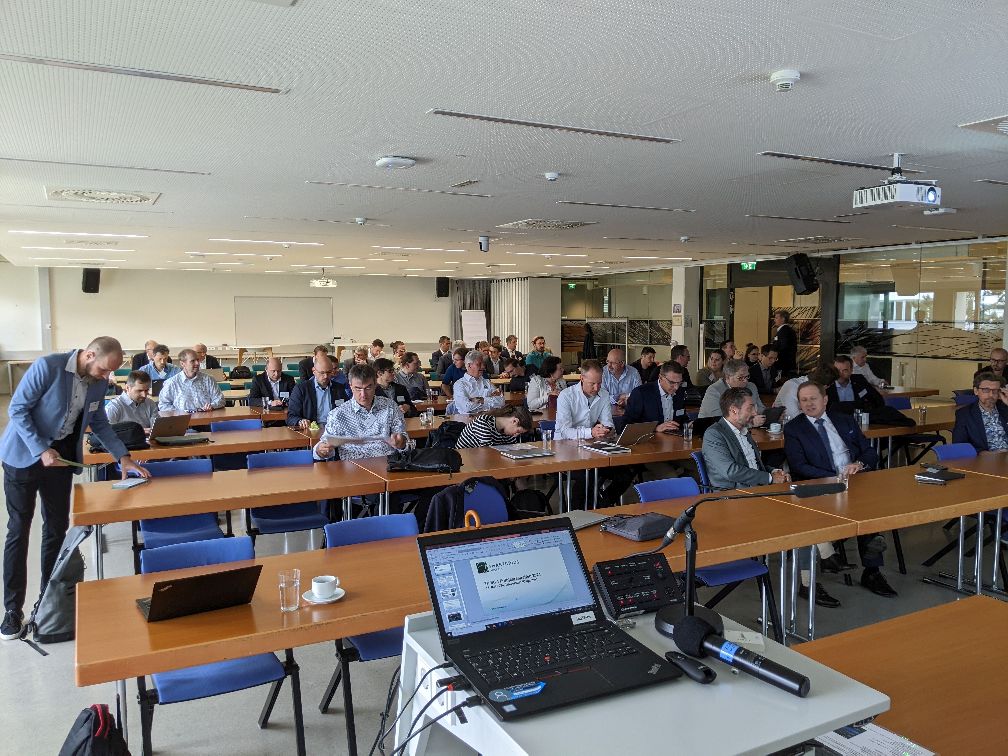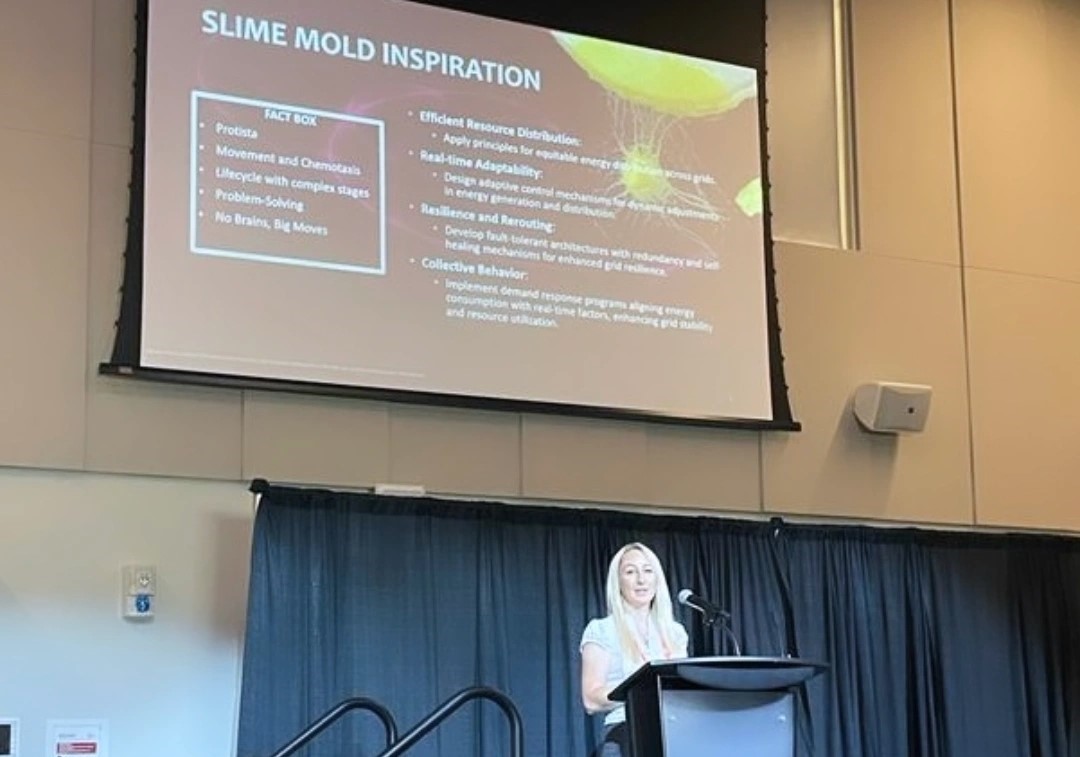smart grid
-
Die Universität Klagenfurt ist mit rund 1 500 Mitarbeitenden und…
-
On May 14, 2024, the Spring Meeting of the Smart…
-
In the rapidly evolving field of energy management, innovative solutions…
-
Electrical consumption data contain a wealth of information, and their…
-
6th D-A-CH+ Conference on Energy Informatics 8th Symposium on Communications…
-
Die Alpen-Adria-Universität Klagenfurt schreibt gem. § 107 Abs. 1 Universitätsgesetz…
-
The 9th Workshop on Power Line Communications (WSPLC 2015) will…
-
Das Forschungsstipendium ist eine Beihilfe zur Durchführung eines wissenschaftlichen Projekts an…
-
Wilfried Elmenreich wurde von Manfred Kloiber zum Thema Smart Microgrids…
-
Am 4. Dezember 2014 erhielt die Absolventin der AAU die…


